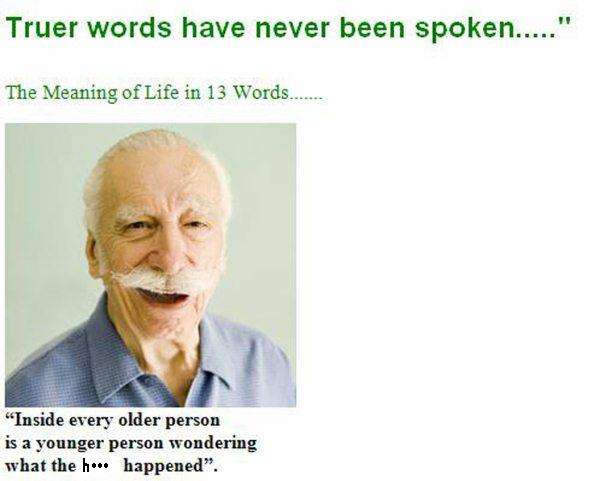A Colorado baker found guilty of discrimination for refusing to bake a wedding cake for a same-sex couple must go through sensitivity training as part of his penance and rehabilitation. In December of last year, Administrative Law Judge Robert Spencer found Jack Phillips, owner of Masterpiece Cake Shop in the Denver suburb of Lakewood, guilty of discriminating against same-sex couple Dave Mullin and Charlie Craig when he told them in July 2012 that he couldn’t bake them a wedding cake because homosexual behavior conflicted with his Christian beliefs.
Phillips appealed the verdict to the Colorado Civil Rights Commission, which stood by Spencer’s decision and ordered May 30 that Phillips be required to bake wedding cakes for same-sex couples in conflict with his moral Christian convictions. Additionally, Phillips and his staff will have to submit to a regimen of state-sanctioned sensitivity training to make sure they are in line with Colorado’s non-discrimination statute.
Liberals are supposed to be all about liberty, but they have a fondness for bureaucracies that encroach upon it, restrict it, diminish it, remove it entirely if left to their own devices.
Over the next two years Phillips will also be required to submit quarterly reports to Colorado’s Civil Rights Commission concerning his business practices, informing the commission whether he has turned any business away, most importantly homosexual customers. “So if his shop is closed or he’s out of flour, he needs to report to the commission,” explained Nicolle Martin of Alliance Defending Freedom (ADF), the conservative Christian legal advocacy group that represented Phillips in the case, to Fox News on June 5.
As far as the sensitivity schooling, Phillips will have to “prove that he has sufficiently trained his employees and staff to comply with the Colorado anti-discrimination act,” added Martin.
The plaintiff-side said something about this that I found interesting:
Attorney Amanda Goad of the ACLU’s Colorado franchise, which filed the discrimination complaint against Phillips on behalf of the same-sex couple, said that while “religious freedom is undoubtedly an important American value … so is the right to be treated equally under the law free from discrimination.”
That’s the endlessly-repeating litany of those who have sought to take our freedoms away, for quite a few years now: “While such-and-such a right is very important, freedom from discrimination is MORE important.” This is why liberals shouldn’t be allowed to make rules, at all: They simply do not comprehend making a dent in something, they have to do-away-with it. Everything is a smallpox virus. End war, end hunger, end illiteracy, end bigotry, end ignorance, end sensible skepticism against the global-warming bromides, end end end end end. Their “end-“ing methods fail to work, every time they target something that, evidently unknown to them, happens to be the default state.
People discriminate. If we have to keep losing more and more of our ability to manage our own lives as long as discrimination exists, we will never stop losing it until this ability is all-the-way gone, nevermind whether discrimination is present or absent by that time. And you know, maybe that’s the whole point.
Would a liberal support a global ban on these forced sensitivity-training regimens, in the public sector as well as private? That would be a good test-case question to put to a new recruit to the liberal movement; if liberty really is the inspiring motive, the subject shouldn’t hesitate to answer in the affirmative, since nobody who truly champions the cause of liberty would be interested in forcing strangers to think a certain way.















